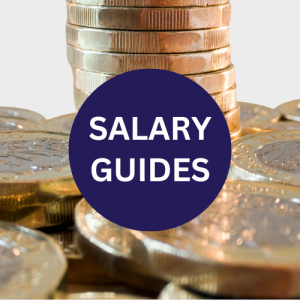The Impact of High Court’s Uber Ruling on the Gig Economy
May 5th 2021 | Posted by phil scott
The recent Supreme Court ruling regarding Uber drivers was big news and HR professionals have been watching closely.
It changed Uber drivers’ status from self-employed contractors to workers. The worker designation is the middle ground between employees and freelancers. It affords rights such as eligibility for the national minimum wage, paid holiday leave, and the right not to work an average of more than 48 hours per week.
The ruling looked to have obvious implications for businesses that rely on people working within the gig economy. Will more people look to secure worker status benefits, and how will this be regarded from a legal perspective? When considering these questions, the actions taken by Uber since the ruling provide a good starting point.
Changes made by Uber following the ruling
Following the Supreme Court ruling, Uber conceded to recognise its drivers as workers. This means that they now have access to at least the national living wage, holiday pay, and a pension scheme.
There is still potential for more legal wrangling in the future as the company continues to only pay drivers from when they accept a trip request and not from when they log on to the app. This is contrary to Supreme Court recommendations.
However, the ruling and Uber’s actions have significant potential implications for activity within the gig economy.
Potential impact of ruling for other gig economy employers
The Uber ruling recognises the fact that vulnerable workers deserve protection. It also means that tribunals and courts are now likely to examine the relationship between companies and contractors on an ongoing basis. This will include examining factors such as subordination and control.
Many experts believe that there are going to be few occasions where people working as drivers and in food delivery are not considered to be workers. Any relationship that is largely controlled by the business is likely to be viewed in this way. Uber’s decision to apply the ruling to all drivers will also put pressure on other companies operating with gig economy workers to do the same.
However, each case needs to be considered on its own. So, just because a particular decision was made in the Uber case, this does not mean every case will go this way. There are still many people working within the gig economy who enjoy the flexibility they have. Businesses also benefit from having a flexible freelance workforce available to them.
So, it’s unlikely the gig economy will disappear any time soon. Although, there is no doubt that it will continue to be under pressure. If companies are seen to have significant control over the way someone works, this will more than likely be seen as an employer/worker relationship.
HR professionals are monitoring the situation closely. Decisions made by tribunals and companies could have a significant impact on recruitment practices and workers’ rights.
It will be interesting to see where the journey that began with the Uber ruling takes us.





